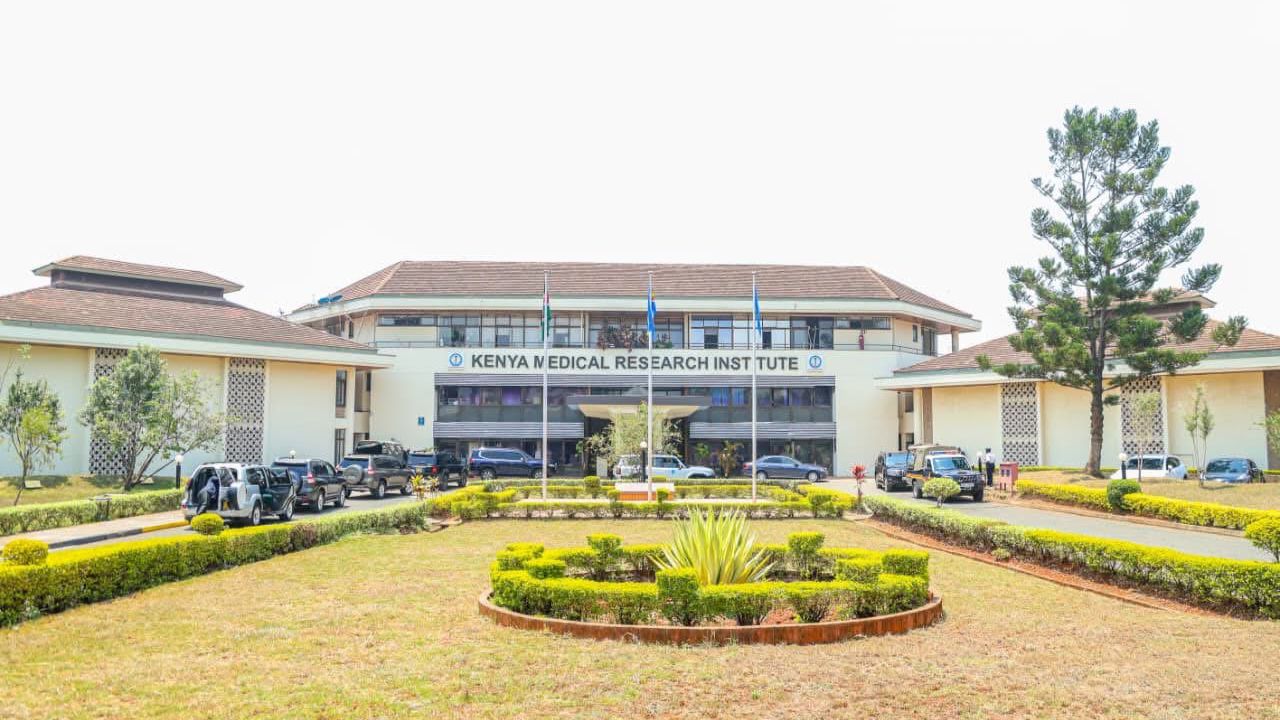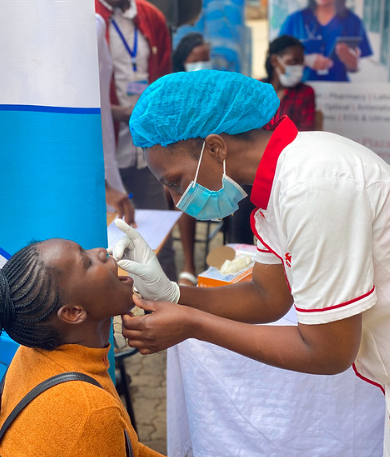The Kenya Medical Research Institute (KEMRI) has unveiled a Ksh516 million partnership with the Bill & Melinda Gates Foundation aimed at boosting women’s health research and innovation across Africa.
In a press statement on Saturday, October 11, KEMRI said the three-year initiative, officially set to begin in January 2026, will focus on empowering African women researchers through mentorship, capacity building, and leadership training.
The programme, known as the Leadership in Excellence for African Women’s Health (LEA-WH), is designed to help scientists and innovators develop locally tailored solutions to some of the continent’s most critical health challenges.
"The LEA-WH Programme represents KEMRI’s commitment to building scientific leadership that is inclusive, innovative, and African-led. By empowering scientists to lead groundbreaking research, we are investing in the future of Africa’s health and development," Acting Director General, Prof. Elijah Songok, said.
LEA-WH seeks to close this gap by backing community-driven studies, fostering scalable innovations, and promoting evidence-based policymaking.
Read More
According to KEMRI, the programme has set ambitious goals for the next decade.
By 2033, it aims to bring between five and ten new health products to the market-testing phase, support a similar number of startups, facilitate patent applications, and enable up to half of its research fellows to secure independent grants.
The project also hopes to attract as much as Ksh643 million in additional funding.

KEMRI noted that key feature of the initiative will be the annual ScienceX Africa Summit to serve as a hub for collaboration, mentorship, and knowledge sharing among researchers from across the continent.
"Our vision is to cultivate a vibrant ecosystem where African researchers and innovators lead in developing transformative solutions for women’s health," LEA-WH Programme Director, Prof. Elizabeth Anne Bukusi, said.
The programme will be carried out in partnership with the US National Academy of Medicine and overseen by the LEA-WH Advisory Council, chaired by Songok.
This comes months after Kenya was named among the first nine African countries set to roll out Lenacapavir, a long-acting injectable drug for HIV prevention, by January 2026.
In a statement on Tuesday, July 15, Health Cabinet Secretary Aden Duale said the move is in a bid to offer sustainable HIV prevention options.
"We are proud to announce that Kenya, along with eight other countries, Eswatini, Lesotho, Mozambique, Nigeria, South Africa, Uganda, Zambia, and Zimbabwe, is among the first nine nations selected to introduce Lenacapavir, a ground-breaking long-acting injectable pre-exposure prophylaxis (PrEP), by January 2026.
"This milestone underscores our collective determination to expand access to effective, discreet, and sustainable prevention options across the region," the CS said.
Duale further statement that the groundwork for implementation is already well underway.
According to the CS, the National AIDS and STI Control Programme (NASCOP), together with key partners, is leading the charge to ensure readiness.
"The Ministry of Health has already developed an implementation plan, and through a consultative process with stakeholders, we are finalizing national guidelines to facilitate a smooth scale-up.
"The Ministry of Health through NASCOP and our partners, we are actively working to ensure this innovative product is accessible to Kenyans by January 2026," he added.
Duale assured Kenyans that the necessary systems were being put in place to ensure timely availability of the drug.
"The Ministry is mobilizing the necessary systems and resources to guarantee the timely availability of this life-changing intervention. We call upon all stakeholders to align efforts, enhance delivery platforms, and support this transformative journey," he concluded.






